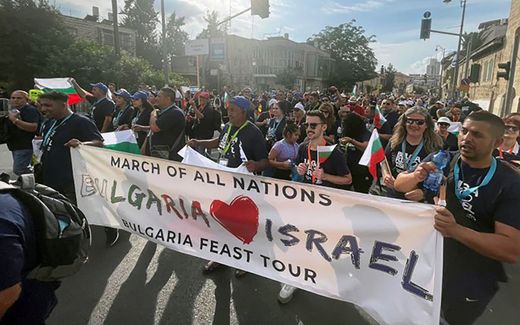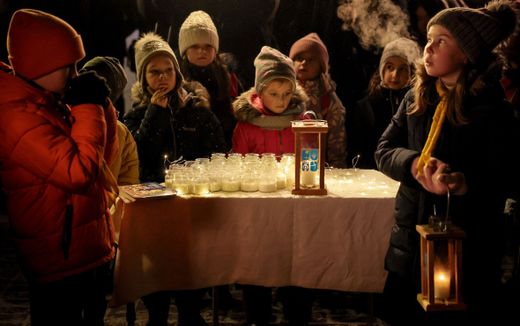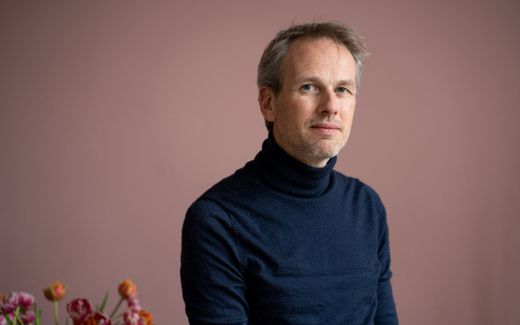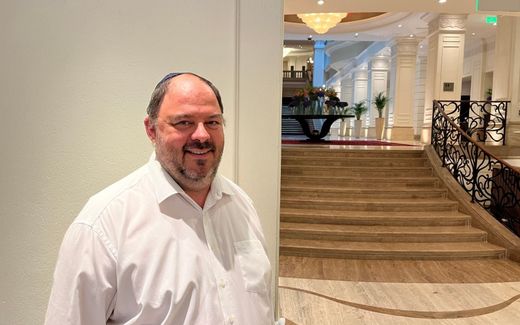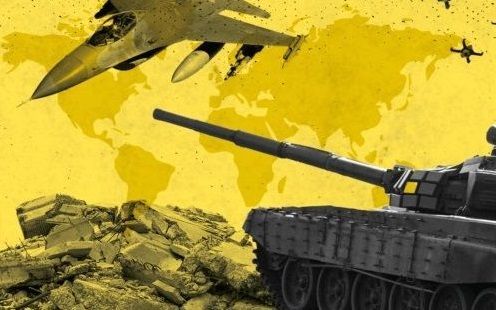Marching for peace in Budapest: The church is too silent today
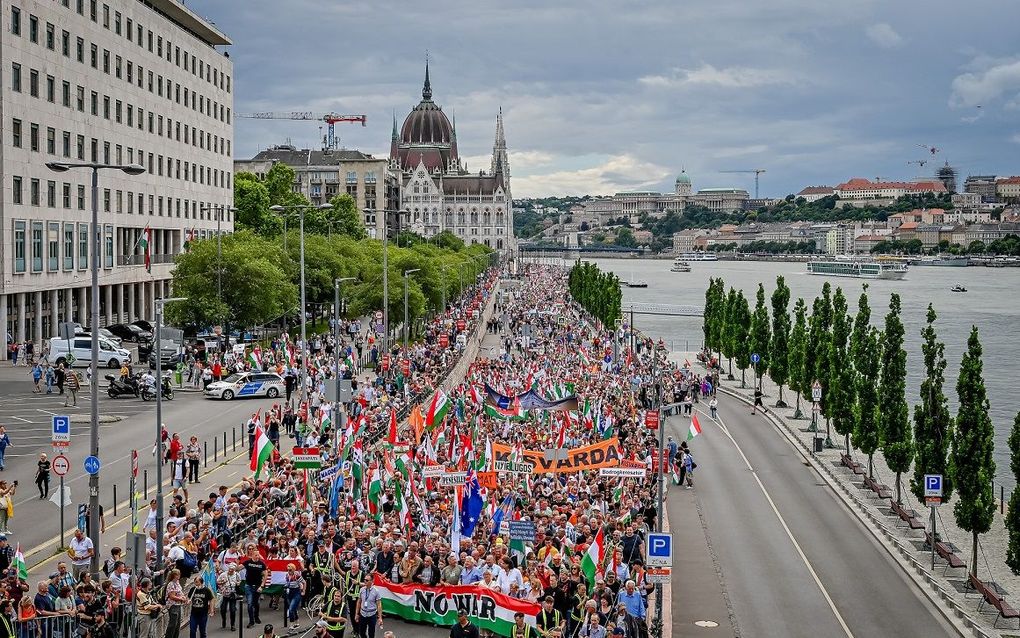
Sympathisers and members of Hungarian parties Fidesz and KDNP (Christian Democratic Party) march in Budapest during their Peace March, to demonstrate for the peace in Ukraine. Photo AFP, Gergely Besenyei
Central Europe
The issue of peace has always lived within me. It is also essential to the people around me today. Yet, isn't peace today a utopia? And if peace is a reality, where does it begin, and who is responsible for peace today? It was a unique opportunity to ask these questions on June 1 as one of the half-a-million Peace Marchers.
In Budapest, large-scale marches and demonstrations happen regularly. I knew this because I had heard a lot about them. However, this year was the first time I participated in the march with nearly 500,000 others in Budapest, united for the same cause of peace.
Peace Marches, or 'Békemenetek' in Hungarian, have been a recurring event in Hungary since the early 2010s. However, this year, during the tenth edition of the march, was a strong emphasis on the threat of actual war. The thought pervaded the march: we don't want to be drawn into the battle today. At the same time, Hungarians express that they can deal with it if they have to, just as they stand for family and freedom issues.
An island of peace
"I believe that the church should speak more about peace”, says Maria Helena Costa from Portugal while we are at the Chain Bridge. She is the president of the Conservative Family Association. “We all experience how active the force fighting to break society is right now. And it's not enough that the church wants peace”, Costa continues. Standing at the Budapest bridge, her conviction is that today's church is too silent. She sees this in her native country Portugal and elsewhere in Europe. “If the church doesn't talk about it and stand up for it, someone can steal it."
Issues
As the Peace March begins, Henk Jan van Schothorst from the Netherlands walks next to me. He tells me about his absolute conviction: peace comes from God when you make the right decisions. God is peace.
However, as the Executive Director of the Christian Council International, he has experienced doubts in recent years about whether we can live peacefully in Europe, Van Schothorst says. Today, it is a question of war, but it has long affected issues of religion and freedom of speech, he explains. "We are increasingly forced to believe in the whole gender ideology. If I say that I am a man and she is a woman because God created us that way, liberals can persecute me," says Henk Jan.
He mentions Päivi Räsänen, a member of the Finnish Parliament, as an example. He then rhetorically asks me what the free West in Europe means today. As we slowly move forward, I continue to seek an answer.
Church
I look around. There is a strong feeling that every march participant openly supports Viktor Orban, the Prime Minister who once declared that Hungarians can only survive as Christians. The state needs to work with the church, and the Hungarians I meet confirm this to me.
Hundreds of thousands of people support the vision of Hungary as an "island of peace" and a place where God matters. I meet people who believe that the Hungarian government knows how to prevent Europe from going to war with Russia.
As the march passes the Parliament building in Budapest, I meet a young man, David, a representative from a youth organisation from a region in Western Hungary. He believes that achieving peace for Europe is possible. "Peace is real, but what is happening in our neighbouring country (Ukraine, ed.) is terrible and dangerous for our future and our children. I think peace begins at the political level. It happens in discussions between great powers and their governments," he points out.
There are also participants from the three Baltic countries in the march. "I believe that for us, just like for Europe, the best choice is diplomacy because war brings more destruction every day”, Mindaugas Puidokas, a Lithuanian MP reveals. “I think we are very close to a third world war, and we need to stop it because there are already reports, for example, from Lithuania, that our defence minister is preparing troops for combat action in Ukraine. This is frightening."
Family and church
This Peace March is more relevant than ever, the loudspeakers announce. “There is a wave of violence rolling across Europe.” And: “We must stop the war and the spread of leftist ideologies quickly.”
Hungarian residents do not hide their fear of war. However, they do not see peace as only a utopia. Instead, they are convinced that it starts somewhere. Some believe that knowledge about peace begins in the family.
"Then we expect peace from the church and then in government decisions," says Erna from the northeast region of Hungary. She joined this Peace March with her husband and 11-year-old son Szabolcs. For his sake, she also opposes migration and gender ideology. "We do not want our child to experience a devastating war, and we do everything so that our child sees that we are fighting for our values."
"We also have children, two sons, six grandchildren, and my husband and I do not want war. I also think peace begins first in our families”, says Koti Benyo from Hungary as we are on our way to the historic Margaret Island. “There, children see it and learn it."

Christian conservatives must be more active and work in the NGO sector, Maria Helena Costa believes. She is concerned that active and strong conservative NGOs are increasingly rare in Europe. "We hear loud liberal organisations, we see what is happening in the mass media environment. They become the voice of gender ideology. Organisations representing family values are too silent. Left-wing ideology threatens the family across Europe. Therefore, we must be united and active because the liberal script is similar in every country. If we do not speak, another voice will," the Portuguese woman continues. She is one of the many participants who are united in their understanding that Europe does not need a third-world military war but also must not lose its foundational values.
Related Articles


